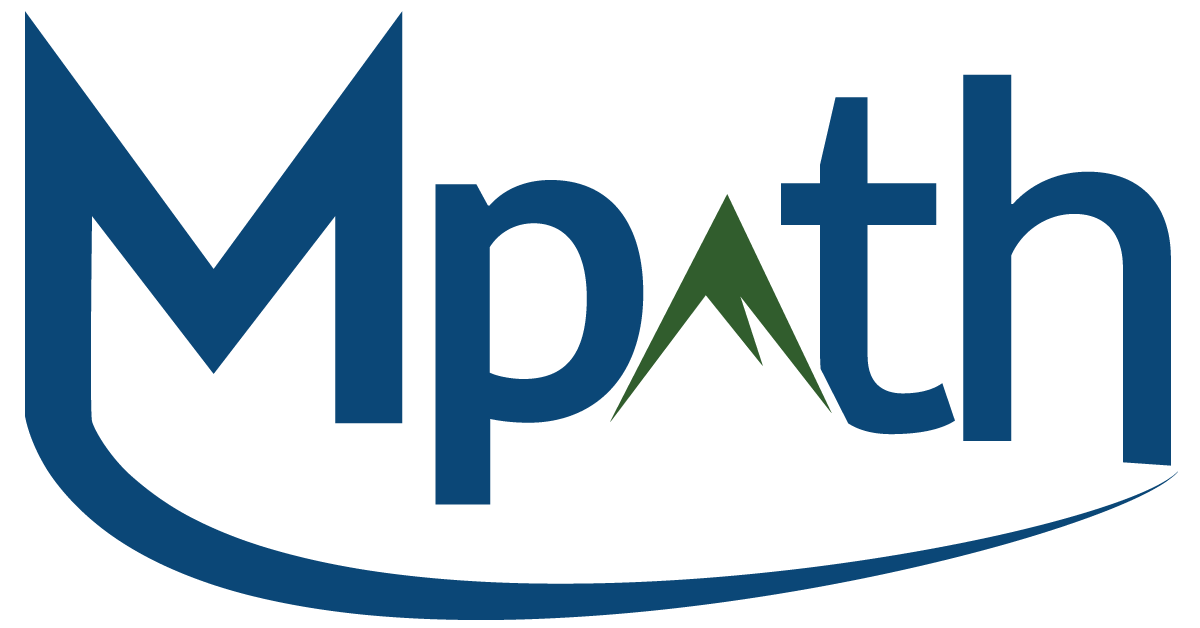As a Reflexologist, This is Why I Got Vaccinated
Throughout the course of the pandemic, clients have asked what I think about vaccines and if I am planning to get vaccinated against COVID-19. (Spoiler alert, yes. I received my first dose already and will receive the second dose soon.) As a rule, I tend to steer clear of politics in my reflexology practice, but have been happy to discuss vaccines. Despite the politicization of vaccines in recent years (even prior to the COVID-19 vaccine rollout), vaccines are not inherently political. They are life-saving medical interventions backed by rigorous, peer-reviewed scientific research.
Here are a few reasons that I decided to get vaccinated.
Vaccines are safe.
Sometimes people assume that because I work in a complimentary health field, I might be more wary of mainstream medicine. I do believe it is important to learn as much as possible about anything that will impact your body, and there is overwhelming evidence that vaccines are safe. Look at the numbers. A 2015 study in the Journal of Allergy and Clinical Immunology found that of 25 million people who were vaccinated, only 33 people (1.3 people per million, or .000132%) suffered a severe allergic reaction, none died, and only one needed to be hospitalized. Compare that to COVID-19. According to the Johns Hopkins Coronavirus Resource Center, in the U.S., approximately 1.8% of people who test positive for COVID-19 will die from it. Research is still being done on the long-term effects of the illness in those who survive the initial infection.
Sometimes people will share information with me to convey their concern over vaccine ingredients. Every time, the information that is causing the fear has been outdated, not from reliable sources, or has been taken out of context. What looks like a scary “chemical” might in reality be the formal name for a compound you take in through your food in small amounts every day with no negative health impacts. Dosage is also important to keep in mind. We are in contact with all sorts of substances through our living environments, so something in a vaccine that looks alarming at first, may be present in such a small amount that it is negligible compared to other things you are exposed to on a daily basis.
Vaccines are effective.
Look at diseases like polio, measles, and mumps that were once commonplace in the United States. Vaccines are what has helped to decrease the incidence of these illnesses. Recent trends in people refusing vaccination has allowed for a resurgence of these deadly and preventable illnesses. Measles was declared eliminated from the United States in 2000. Unfortunately, in 2019, there were 1,282 individual cases of measles reported in 31 states, the greatest number reported since 1992. These cases were primarily reported in individuals who were not vaccinated.
What about the idea of preventing illness by “strengthening your immune system?” This line of thinking ignores both biological principles, and systems of privilege and inequality. While it is well-established that good sleep, exercise, and nutritious food all help your body to function at its best to fight off illness, these healthy practices are not enough to ensure that you do not contract a contagious disease. For too many people in the United States and around the world, a full night’s rest, sufficient time in the day and a safe location for adequate exercise, and a consistent source of nutritious food would feel like a luxury. Equally as important, these healthy practices do absolutely nothing to help those around you who are more vulnerable to complications from illnesses or do not have access to treatment in the event of an infection. A small percentage of people have medical conditions that prevent them from being able to be safely vaccinated. If you are healthy enough to get vaccinated, by doing so, you are protecting those around you who are not able to receive a vaccine. Only thinking about individual risk regarding a disease when deciding whether or not to get vaccinated ignores the needs of the community as a whole. Vaccination helps not just you, but everyone with whom you come into contact.
Vaccines help make reflexology sessions safer, which allows me to keep serving the community.
As a reflexologist, I am in close physical contact with clients, especially when I am reflexing their ears. A combination of factors (precautionary measures such as wearing masks, honest clients who call to cancel when they are not feeling well or had potential exposure to someone who tested positive for COVID-19, relatively low case numbers overall in this area, and downright luck) has resulted in not been a single reported case of COVID-19 stemming from my reflexology practice to date. I will continue to follow State Health Department and Centers for Disease Control and Prevention (CDC) guidelines, and vaccines are part of the equation for creating a healthier environment for myself and my clients. The more of us who are vaccinated, the safer it becomes for everyone. I care deeply about being able to work in-person with clients, and being vaccinated is a very simple step to help this continue.
If you want things to be more “normal,” and to be able return to activities you enjoy without putting yourself and others at unnecessary risk, there is a simple solution: get vaccinated.
